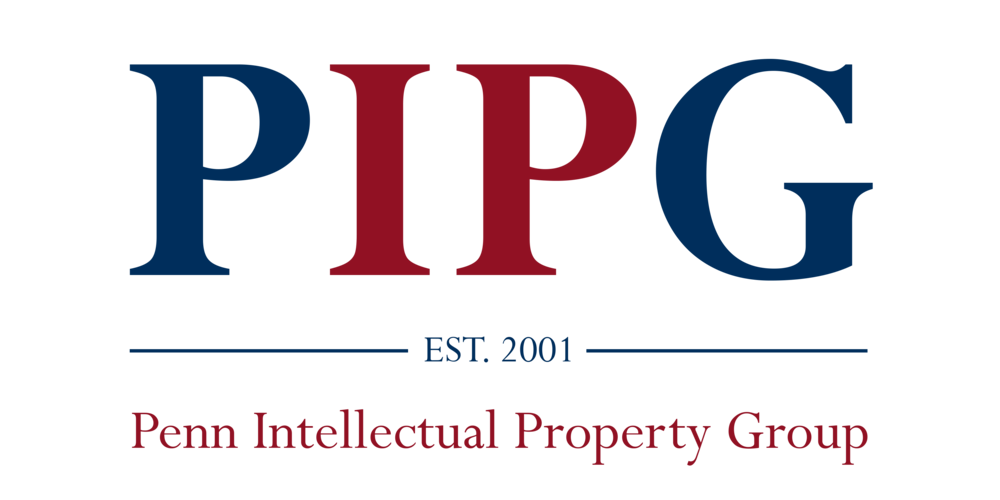IP NEWS
- The question of whether a cake can be protected as intellectual property has come to the fore: One of Donald Trump's inaugural ball cakes is almost an exact copy of one baked for Barack Obama's celebration. [Quartz]
- ZeniMax, a game developer, is suing Oculus and Facebook for stealing some essential elements in their virtual reality headsets; Mark Zuckerberg himself testified at a jury trial for the case, which could be worth as much as $2 billion. [New York Times].
- Patent protection for the drug industry has been manipulated by drug companies to subvert the original intentions of patent protection - to reward progress - and instead keeps prices high for medically necessary pharmaceuticals. [Forbes]
Pixabay
IP News
Photo Credit: Seattle Times
- Dating back to the early 1900's, organizations that make the holidays' signature treat "candy canes" have received patents for their unique machines that shape this candy into various shapes and figures. [Smithsonian Magazine]
- Two Chinese firms were forced to pay a significant sum of money to a large foreign firm for registering trademarks similar to BMW. [Business Insider]
- The race to patent and sue others for using patented technology continues as Apple sues Nokia for incorporating various aspects of its patented technology into Nokia's phones. [Reuters]
IP News
Photo credit: Theatreinchicago.com
- President-elect Trump will need to focus on securing Intellectual Property if he wants to improve and protect U.S. jobs [Forbes]
- A Federal Jury in Nevada founds that 10% of the revenue from the Broadway hit "Jersey Boys" is attributable to the copyright infringement of an unpublished autobiography. [Wall Street Journal]
- The fate of 'blockchain' patents in unknown but the implementation of additional legislation could open the floodgates for patent lawsuits. [Fortune]
IP NEWS
- Netflix and TiVo signed licensing agreements that allow Netflix access to TiVo's patent portfolios and integrates Netflix into TiVo's offerings. [Business Wire]
- Despite the fact that intellectual property makes up a majority of many companies' valuable assets, it is generally not given much attention by decision makers, which leads to undervaluation or misrepresentation of a company's true worth. [Real Business]
- Soon after Fidel Castro came into power in Cuba, he abolished copyright protection nationwide. Because of artistic defections due to lost royalties, he reinstated copyright laws less than a decade later. [Amplify]
WikiImages
IP NEWS
- 76ers center Joel Embiid has trademarked the phrase 'The Process' in an attempt to brand a future line of pre-bottled Shirley Temple drinks, along with other merchandise. [The Inquirer]
- With the advent of more efficient 3D printers, it is incumbent on designers and consumers to keep IP liabilities in mind and to steer clear of infringement risks. [TechCrunch]
- The winners of the John Scott Medal for their work on the CRISPER-Cas9 gene-editing technique are embroiled in a lawsuit over the patent rights, highlighting the disparities in the collaborative nature of research and the winner takes all approach to intellectual property. [The Inquirer]
Pixabay
From Research to Patent: Conforming Science to Patent Law
On Thursday, Peter Cicala (Vice President of IP and Chief Patent Counsel of Celgene Corporation), Dr. Dora Mitchell, Director of UPstart and Assistant Director of PCI Ventures), and Dr. Michael Milone (Assistant Professor of Pathology and Laboratory Medicine at the Hospital of the University of Pennsylvania) spoke to PIPG and the Penn Science Policy Group about the process of commercializing research and common issues with research and development in the industrial setting. From the 12th floor of the Smilow Research Center, overlooking the Schuylkill river and the last remnants of industrial Philadelphia through floor-to-ceiling windows, the complex reality of the science and pharmaceutical patent process was starkly laid out.
Mr. Cicala discussed the legal history of patents. While they confer exclusivity, owning a patent does not mean that you can bring a product to market. His insider's knowledge of the biotech patent process revealed the importance of protecting intellectual property in all forms - and of always consulting a lawyer before disclosing new findings. He went through the painstaking process that attends filing for a patent and the different intellectual property rights conveyed across the international stage - did you know that patents are only granted in the US on Tuesdays?
Dr. Mitchell linked the private pharmaceutical patent process that Mr. Cicala described to that taking place on university campuses every day, including right there under Smilow's roof. Thanks to the Bayh-Dole Act of 1980, which conferred patent ownership to universities receiving federal research funds, the university patent industry exploded. With the added incentive of retaining royalty and other rights, research in universities such as Penn has become much more competitive - but also more restricted.
Dr. Milone, who runs a lab here at Penn and has funding from Novartis, outlined the tightrope a research professor must walk over the pressures of publishing and those of the free exchange of knowledge that attend scientific endeavors. He said that many of his graduate and post-doc students are not allowed to use the money from Novartis, because of stipulations as to how their work product might be disclosed. If unprotected intellectual property is released to the public - even in the form of a grant application accessible via FOIA - it no longer maintains legal standing as a novel idea (internationally, at least). Dr. Milone himself must confer with the legal team at UPenn before submitting papers to journals or engaging and sharing information with other laboratories.
While the costs are high, the benefits of patent protection outweigh them. The money that comes from such patents - in Dr. Malone's case, those related to artificial antigen receptors and signaling systems for the control of T cell specificity - helps to fund more research and supports hospitals and research institutions. The decades-long exclusivity that patents convey protects drug-producers' interests and, in the long run, makes the vast expense of complicated research and drug trials - and attorneys' and filing fees - worthwhile.






